Roundup post: In which field of mediation do you work – and what is special about it?
Roundup-Post INKOVEMA #3 (2018)
Once again, we asked mediators, lawyers and conflict counsellors about their professional experiences - and received extremely interesting answers.
This time we asked the experts about this,…
- in which field of application you carry out mediation and
- what particularly appeals to you about it.
We are so enthusiastic about the answers that we have decided not (or hardly) to shorten them and to make them available to you in full. We hope you enjoy reading them!
Overall, it is clear that mediation not only operates in complex environments, but has itself developed into a highly differentiated, complex procedure. But read for yourself…
1st Dr Heinz Pilartz,
Alfter
Mediation in the healthcare sector
Specialist in general medicine, naturopathy, sports medicine;
Certified Mediator and Mediator CfM
Website: www.forum-m-pilartz.de
www.imug.eu
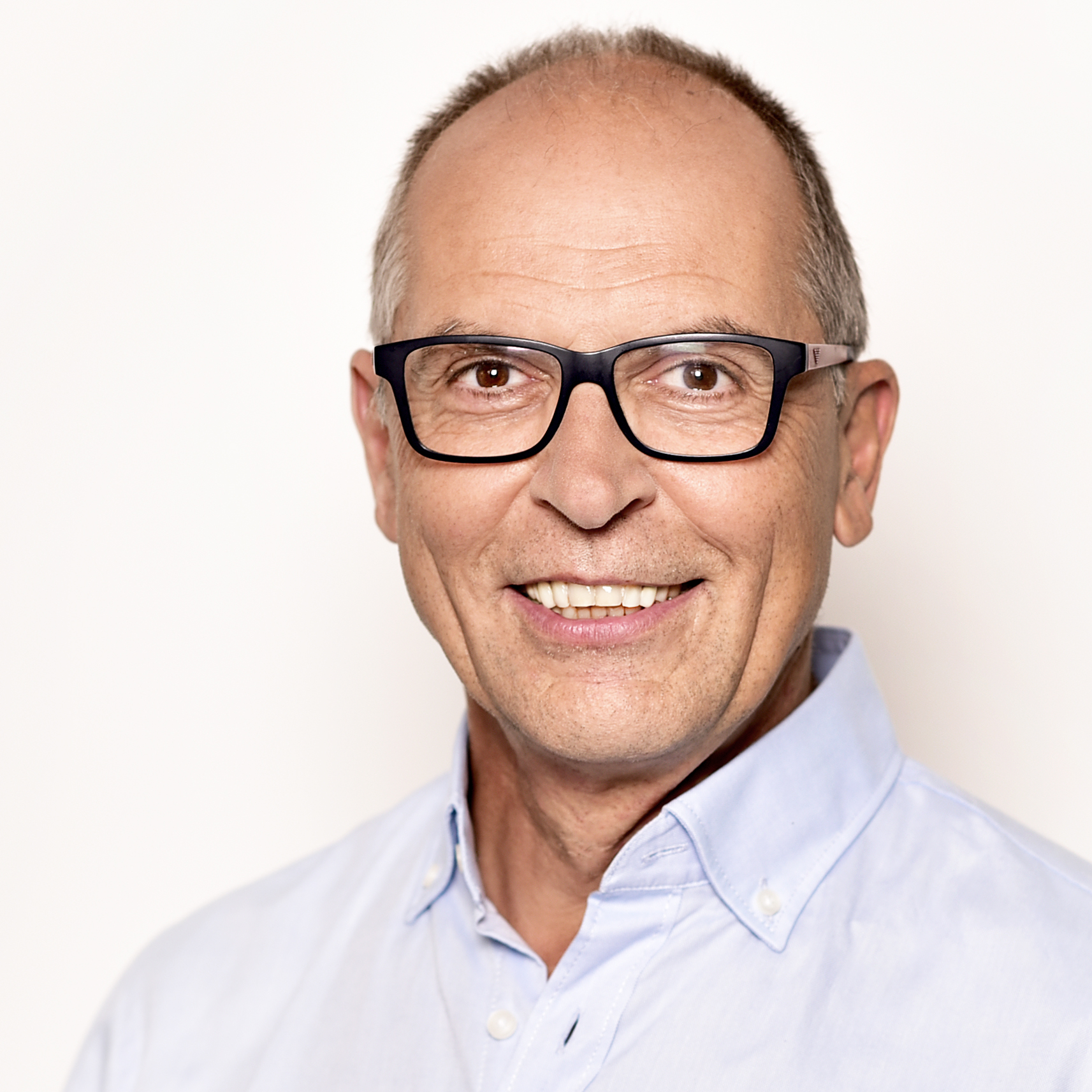
1. my focus is mediation when health is lost!Health is something very private. Everyone decides for themselves what is communicated and how behaviour is adapted. At the same time, changes in health are an issue in the social environment that affects many people. Different, sometimes very deep emotions, changes in roles, unexpected non-understandings or misunderstandings are possible results. Well-established patterns and reliability lose their significance.
Many very different individual issues are not recognised. They also do not yet realise that support and guidance can be useful: The siblings do not agree on how to deal with the mother with dementia; only by mutual agreement can they provide effective help. Or the couple have divergent ideas about the treatment of the tumour disease. Or the open dialogue is ended in order to spare the other person. Or the work team's expectations of the sick colleague are so high that he or she falls ill again immediately after recovery. New taboos, uncertainty, lack of understanding or speechlessness are frequent consequences. There is a great need for mediation.
2. what appeals to me about working in this field in particular?
Mediation and health is a highly complex field. In many cases, those involved lack experience in dealing with restrictions, with behaviour in the healthcare system or the divisive effect of illness between people (the group is divided into sick and healthy). People then perceive their behaviour in relation to illness as natural or self-evident because they have never considered that there are very different understandings or ideas in dealing with illness (concepts of illness). All of this leads to misunderstandings, uncertainty and escalation. In addition to all the restrictions, illness clearly triggers conflict.
Accordingly, I experience a lot of gratitude in this field of mediation for the fact that someone is dealing with it at all. The mediations are usually quite short, and it is not unusual for tangible results to emerge from the very first meeting. The topic is fraught with strong emotions for everyone involved (fear, grief, shame) and has a very strong influence on how people work together. Hardly any help ensures that those affected and their environment are on an equal footing! The mediator very often creates peace and the ability to act.
I get a lot of satisfaction and motivation from this work and will continue to work on standards, tips and practical advice for colleagues (see also Conflict Dynamics 4/2018).
2 Klaus-Olaf Zehle,
Hamburg
Mediation in the IT sector
Graduate industrial engineer,
Certified mediator,
Arbitrator for disputes in the IT sector
Website: www.klausolafzehle.de
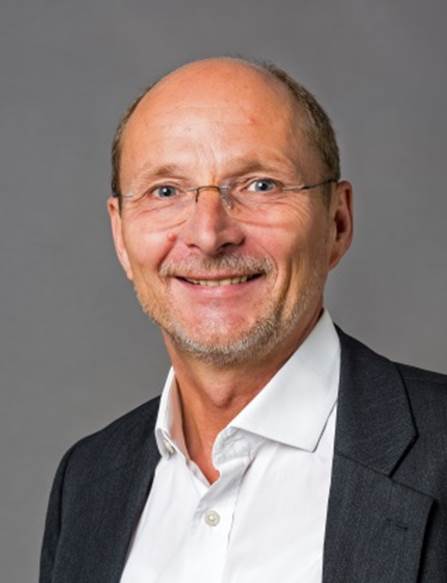
1. what is special about your field of mediation?
I work intensively in two fields. Firstly, the mediation of shareholder conflicts in established companies, often with a family connection, i.e. in family businesses as well as in start-ups. Secondly, in team conflicts or conflicts between managers or managers and employees.
What is so special about it?
In family businesses and family-related conflicts, there is usually a very high proportion of influences that lie outside the obvious area of conflict, with generations often having been involved in the cause of the conflict beforehand. There is a lot of emotionality involved. In the case of shareholder conflicts in the start-up environment, it is usually at a very high level of escalation that the parties involved come to me. And sometimes it's no longer about resolving the actual conflict, but rather about supporting a sensible and sustainable separation of the shareholders. It is then no longer about how to work together, but about how to ensure that the joint "baby" is still a viable organism after the separation and that the departing shareholder can leave the company without resentment and loss of face.
Conflicts within employees are a completely different matter. Here, it is always important to work out what they have in common or to explore what the boundary conditions are in order to be successful together. As a rule, there is a willingness on all sides to create something new. In this field, it is above all the subsequent understanding of why conflict-causing statements or actions were made by the individual parties involved. And it is often so easy to find a basis again that the parties themselves are amazed at how the conflict came about.
2. what appeals to you about working in this field of all things?
Regardless of the area of conflict, I'm always interested in getting to know something new and the differences. I always like to quote Gregory Bateson: "It's the difference that makes the difference. And I have always found, when I later ask about the further course after the mediation, that the resolution of the conflict has brought the parties involved further, often even confirming that the conflict was the necessary trigger for further development. What I particularly appreciate about the mediations that I have conducted is that very often follow-up topics arise that constantly broaden my spectrum, e.g. strategy or organisational development.
3 Dr Jürgen von Oertzen,
Karlsruhe
Mediation in the workplace
Doctorate in political science,
Certified mediator,
M.A. Mediation

1. what is special about your field of mediation?
In addition to the usual dimensions of mediation, the hierarchical environment must also be considered when resolving conflicts in the workplace. In particular, the involvement of the immediate manager is crucial for a sustainable solution - not because they are "at fault", but because they are the key to structural change.
The second important aspect, which is also crucial for sustainability, is the transition from dealing with the specific conflict to team and organisational development: many specific conflicts can provide valuable information for the development of the team and/or the entire company.
2. what appeals to you about working in this field of all things?
- For me, the appeal of conflict management depends less on the particular field of work and more on the people involved - are they open to conflict management or do they need to be convinced first? Can they look at the conflict with me from the "outside", or are they still caught up in the dynamics of the dispute? How do I find the right approach to non-violent conflict resolution, to her or his resources, to efficient co-operation?
4th Isabel Fernández de Castillejo,
Leipzig
Intercultural mediation
Legal scholar,
sworn translator,
Certified mediator
Website: http://transandlaw.de/
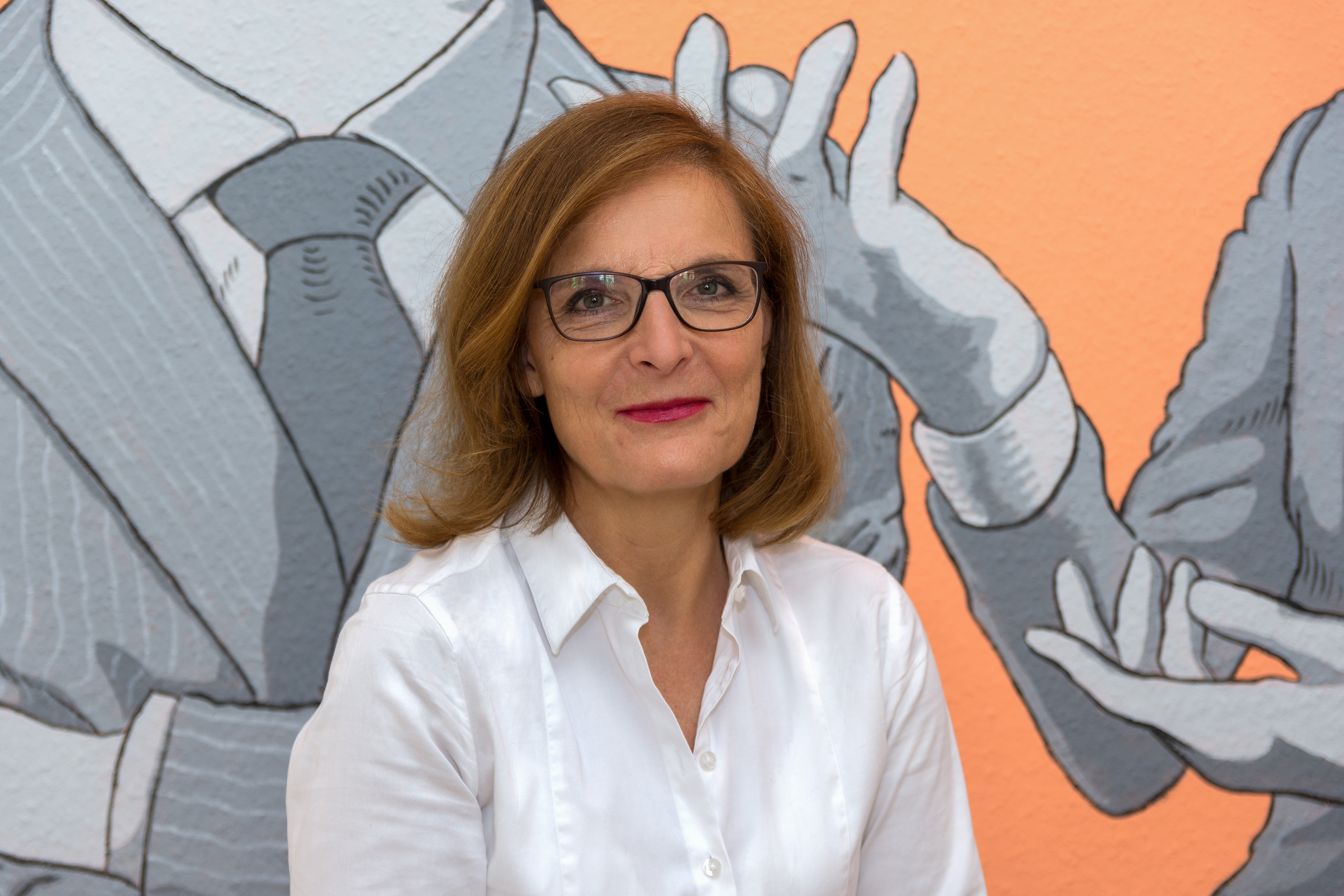
1. what is special about your field of mediation?
My field of mediation is international, mostly cross-border conflicts. The aim of mediation is often to prevent child abduction or to find a solution following the removal of a child. These are mediations in highly emotional, extremely conflictual and very complex cases in which mediation is conducted in at least two languages. The work is often carried out under great time pressure. In most cases, a solution is attempted in a block of two to three days, totalling between 10 and 17 hours, as the mediants come from abroad or have very long journeys to get there. 50 hours of special additional training is required in addition to the mediator training. The mediations are conducted according to the "4B model: bicultural, bilingual, biprofessional, bigender" and always with a co-mediator. From time to time, an additional interpreter is also required.
2. what appeals to you about working in this field of all things?
When the mediants, usually parents, have worked out a solution under such difficult conditions, it is a really great, satisfying feeling to have achieved something not only for the parents, but also for the children concerned. These meditations give me the opportunity to utilise my strengths: Language, cultural and legal knowledge, empathy, flexibility, creativity, resilience. I also enjoy working as a co-mediator.
5 Uwe Kassing,
Hamburg
Reorganisation mediation
Legal scholar,
Specialist solicitor for insolvency law,
Website: http://www.kassing-inso.de/
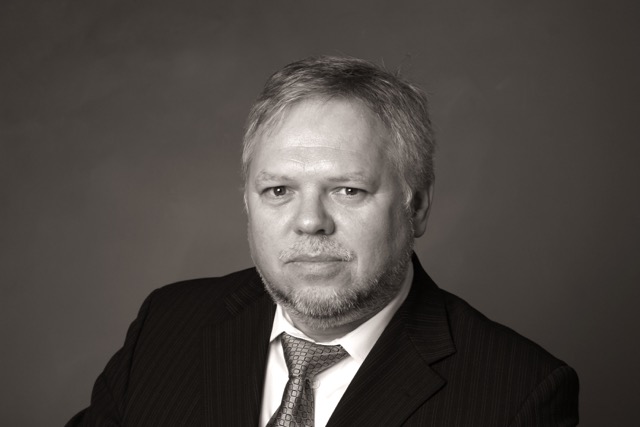
1. what is special about your field of mediation?
In a broader sense, insolvency law is a law that intervenes in the legal relationship between a debtor (legal entity or natural person) and a number of creditors as soon as a liquidity crisis (insolvency/over-indebtedness) occurs that can no longer be resolved easily. My work takes place in live The company takes place. At that moment, it is always also about the organisational processes (of procedures) involving People with a wide range of emotions and interests (employees, suppliers, customers of the ailing or insolvent company). The special thing is therefore the Encounter of several conflict relationshipsAlthough they have the same cause, they manifest themselves very differently in this situation. As insolvency law has been in force since 1 January 1999 with the Insolvency plan introduced a type of settlement agreement between several creditors involved (who can be divided into groups and treated differently according to their interests), it became necessary for me to establish a basis for negotiation between these parties to the conflict. I therefore saw mediation as a necessary preparation and negotiation strategy for resolving the conflict by agreeing an insolvency plan. For me, this represents the mediation agreement between a large number of parties. As I am always concerned with the goal of a successful reorganisation, I have used the term Reorganisation mediation and understand it comprehensively in its application, from the onset of conflicts (possibly at shareholder level) to the resolution of conflicts with the restoration of the company's competitiveness.
2. what appeals to you about working in this field of all things?
- When working as a mediator in a corporate crisis, there are many interfaces between law, business and psychology. Analysing the initial situation and finding the right way to integrate the interests and needs of the (formed) groups into the process and convince them of a solution is always a new challenge. Every case is different and, in particular, has a different level of complexity. In the cases I have handled, I have been able to break down the usual division in the industry between the "insolvency administrator/ trustee" and the "creditors" on the one hand and the "entrepreneur" and his "advisors" on the other. I am concerned with the coordination and communication in the negotiations and I provide transparency and information about the proceedings for all parties involved. This takes months and requires good legal, economic and also human knowledge in order to achieve the goal: to provide all parties involved with a common vision of the future and a majority-capable satisfaction of the circumstances, including monetary satisfaction, through a binding agreement (insolvency plan).
6 Ralf Glowatzki,
Bottrop
Mediation in construction
Civil engineer,
Mediator,
Expert for concrete damage and concrete repair
Website: https://www.union-bau-gmbh.de/
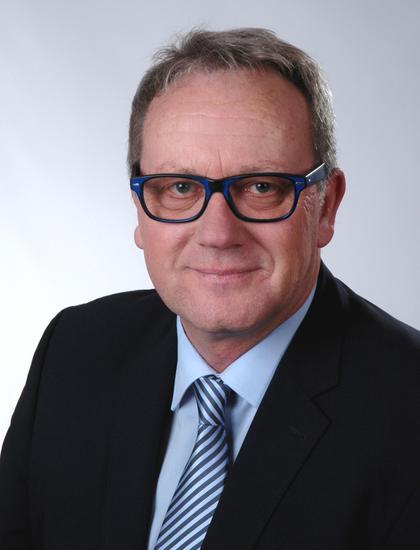
1. what is special about your field of mediation?
Disrupted construction progress, additional costs, supplementary services, extensions to the construction period, concerns about the type of execution, planning errors, invoice reductions, late payment, standstill and much more are topics with sufficient potential for conflicts in construction. Usually over many years in one and the same project.
The people involved are project developers, investors and builders, architects and engineers, craftsmen and project managers and, last but not least, judges and lawyers. What is remarkable is that it is not unusual, but commonplace. That it is not even noticeable because it has always been that way. Anyone who builds has stress. Nobody wants to give in. Admitting mistakes. Losing face. Strength is the order of the day in construction. Loud strength. Assertiveness. Just don't show any weakness.
People like you and me are at the centre of the action here.
And what makes them special is their uniqueness. Their way, their strategies, their concepts for dealing with everyday conflicts and mastering them.2. what appeals to you about working in this field of all things?
I am a civil engineer and have fought hard for at least a quarter of a century in countless construction projects. As a building contractor, at some point I was tempted to break the old patterns. In construction processes, for example, to create a space for everyone involved in the construction process in which conflicts can be addressed openly. And having a space in which the interests and needs behind all conflicts can be made visible increases the chances of ending a negotiation with a consensus rather than a compromise many times over. Furthermore, unresolved conflicts usually hinder construction progress. Even a major deviation from the construction target can be the result. Higher maintenance and repair costs are usually to be expected here.
I am particularly interested in working in this field because solution-orientated communication processes can ensure greater sustainability and quality in construction.
7th Natalia Berrio Andrade,
Hamburg
Team conflicts
certified transaction analyst CTA,
Trainer, coach and consultant,
Personnel and management development
Website: http://ta-campus-hamburg.de

1. what is special about your field of mediation?
Team conflicts reveal the diversity and differences between people. What provides the fuel for constructive work as well as for change and innovation processes on the one hand, causes frictional losses in the event of conflict and thus hinders the co-creative flow of work.
A successful team is characterised, among other things, by diverse roles, different perspectives and differentiated skills. At the same time, this requires an appreciation of this diversity of thought and action and the ability to deal with it in an integrative manner. In most cases, it is only when conflict arises that the personal maturity, courage and expertise required to recognise conflict not as an undesirable "evil" but as an opportunity becomes clear. When I receive enquiries about team development, I experience time and time again that even the view of a conflict and naming it accordingly is a major challenge for many people.
However, if we understand the human personality in its development, it becomes clear that we have to learn to balance and integrate conflicting needs in our own individuation process, i.e. development per se means facing conflicts.
2. what appeals to you about working in this field of all things?
I am interested in development in the sense of transformation: i.e. not just learning to change my own environment and conditions in such a way that I no longer offend people with my idiosyncrasies, i.e. "only" expanding my comfort zone, but also changing something in the "ego structure". This creates completely new ways of thinking and acting, which can resolve conflicts sustainably. In addition, new, as yet completely unknown forms of collaboration can be considered and discussed.
The challenge is to accompany the team during the transformation process, to create suitable spaces to enable this and at the same time to confront them appropriately time and again.
One question can be: How can the individual and the team as a whole succeed in defining themselves through their own positioning? without having to set yourself apart and, on the other hand, to withstand as much tension and differentiation as is necessary to create something new and develop further.
8 Dietmar Pistorius,
Troisdorf
Mediation for conflicts in diaconal organisations and churches
Pastor at the town church in Troisdorf,
Certified mediator,
Founder of the Evangelisches Zentrum für Familien Troisdorf e.V. association.
Website: https://www.frank-und-frei.org/
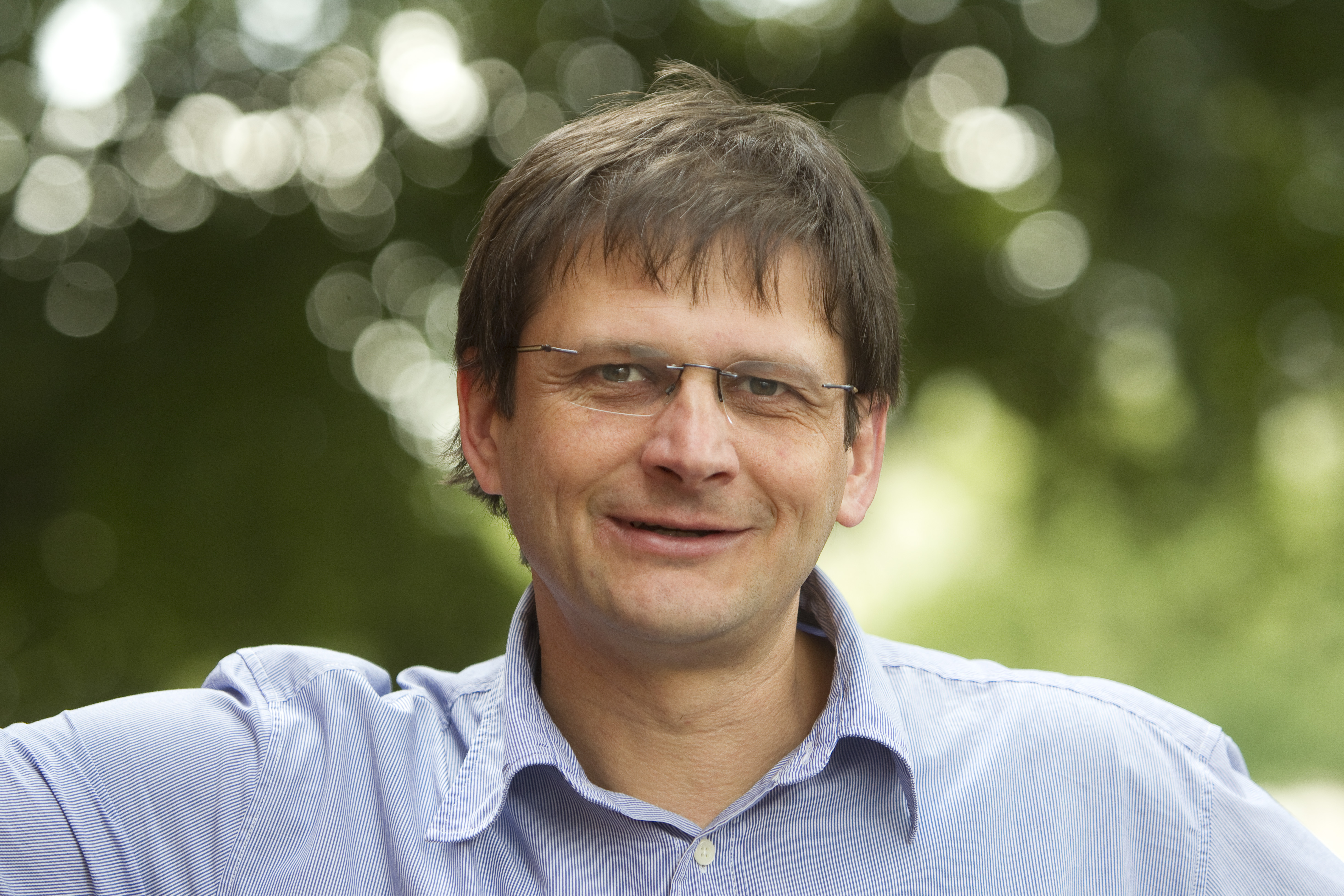
1. what is special about your field of mediation?
"Church and diaconia" are characterised by the model of "fraternity" and the endeavour to achieve "unanimity". In this respect, many Christians are convinced that conflicts are something that should not really happen. But wherever people are together, conflicts are inevitable - even in the church. Jesus knew this better than those who followed him. However, the spiritual superstructure makes it more difficult to deal with conflicts: Because if there shouldn't actually be any conflicts among us, then I don't need prevention and moderation is often exhausted in appeals to common ground. Only when the encounter with reality has become unavoidable does mediation come into consideration.
2. what appeals to you about working in this field of all things?
As a pastor and active leader in the Protestant church, it is my experience how helpless church and diaconal workers often are in dealing with conflicts. It borders a little on "missionary zeal" to promote an open and constructive approach to conflicts in this context. On the other hand, in actual mediation practice, I often meet people for whom "appreciation" of their counterpart is a basic attitude and "reconciliation" is not a foreign concept. And when a successful mediation helps to regain this appreciation and to experience reconciliation as the opening of a shared future, then something of what Christians believe has become tangible.
9 Michael Cramer,
Berlin
Family mediation
Certified mediator and trainer BM, supervisor DGSv,
MA Political Science and Sociology
Mediator in the BIGFAM project - Berlin initiative for subsidised family mediation
Website: http://www.klaeren-und-loesen.de/
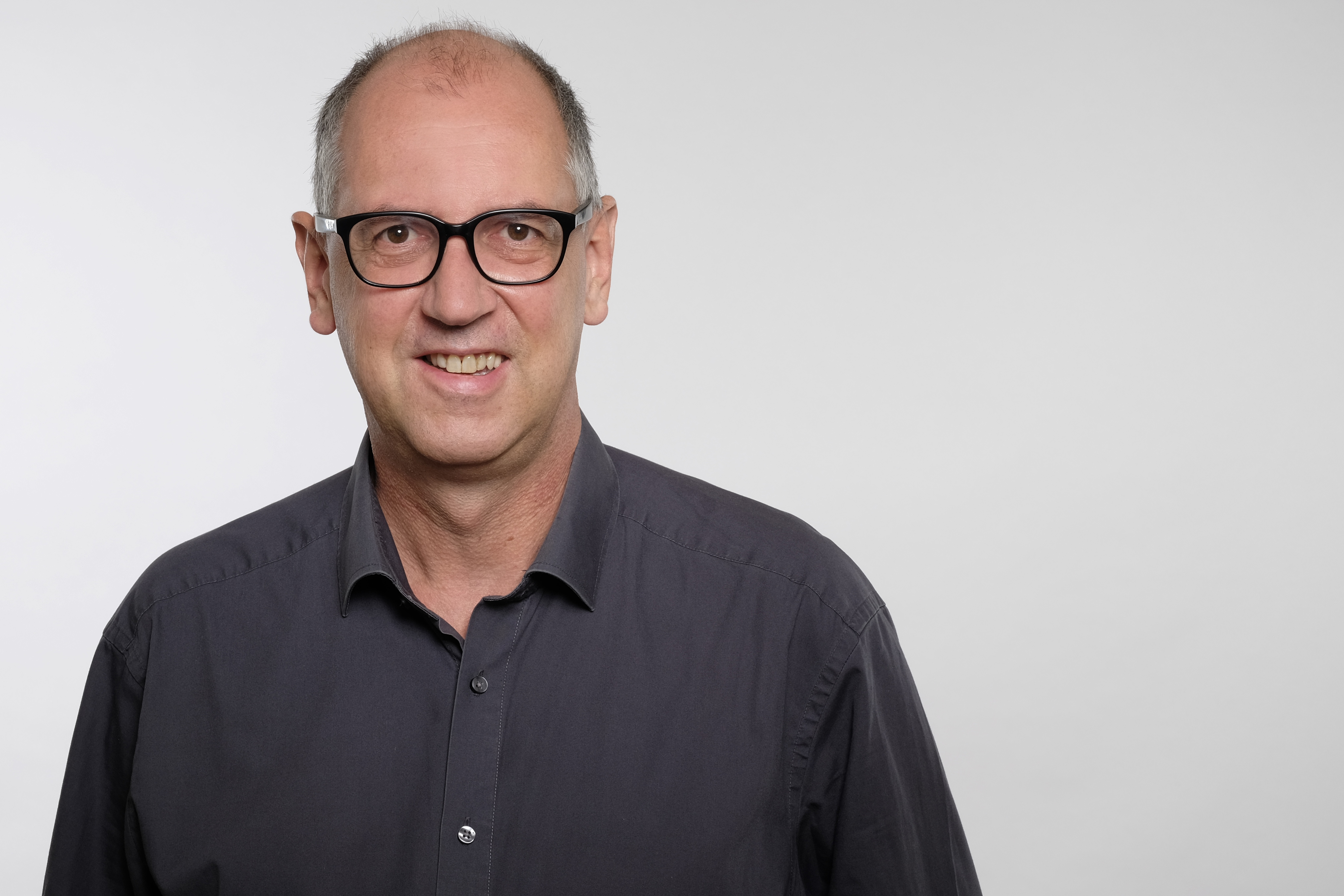
1. what is special about your field of mediation?
Family mediation is a diverse field. From couples trying to find a way to save their relationship, to people trying to find a way to separate well, to intergenerational conflicts or living together in patchwork families. And it's often not just about those who are in the room, but also about children, whose needs and rights also play a role. And since family is usually one of people's central points of reference, it is often quite emotional.
However, families are not only cohabiting partnerships, but in some cases also joint owners of companies. And here there are overlaps with business mediation.2. what appeals to you about working in this field of all things?
Diversity appeals to me. Not just the variety of lifestyles, lifestyles and family models, but also the topics that move people. And I am attracted by dealing with strong emotions and, in particular, the moment when things relax. I also realise that the willingness to work on a solution that satisfies everyone is particularly high in this field, especially because solutions are only possible together. And that makes me happy as a mediator.
And as in all fields of mediation, I see my work not only as a contribution to resolving this acute conflict, but also as a contribution to good co-operation in our society as a whole, to a co-operation based on respect and appreciation, despite all differences.
10 Andrea Hochhausen-Schnitzler,
Elsdorf
Elder Mediation
Master of Mediation,
B.Sc. Psychology,
Certified guardian ad litem and supplementary guardian
Website: http://www.ahs-pt.de/

1. what is special about your field of mediation?
Elder mediation is a form of mediation that deals specifically with the concerns and issues of older people.
Elder mediation is a process in which the mediants recognise age or the consequences of ageing as an issue in their conflict.
This type of mediation often involves the many people involved in the issue, such as family members, carers, organisations, counselling services and various service providers.
The result of successful mediation is mutually acceptable agreements that take into account the legitimate interests of all parties as far as possible and at the same time improve the quality of care, the quality of relationships and the quality of life for all.
Another definition of elder mediation points to the preventive aspect of this form of mediation: "...mediation with age-specific issues - elder mediation – emphasises its preventive character, brings families together and addresses foreseeable or feared developments (e.g. need for care, relocation) in order to develop strategies.2. what appeals to you about working in this field of all things?
This young branch of mediation is not yet very well known in Germany, but only came to the attention of experts in the early 2000s as a highly specialised field.
We know that our society will become increasingly older in the coming decades. The 21st century will therefore have to focus on the stages of old age and ageing. Mediation can help with this.
Old people are also faced with new developmental tasks and developmental conflicts that they have to face if the remaining time in the future is to have any meaning. So even in old age, people are confronted with challenges that they have never faced before.
In recent years, there has been an increase in the desire for professional support, at least on the part of the "younger elderly". The now ageing generation does not seem to have as many reservations about this help, especially when it comes to negotiating. It is precisely the possibility of being able to reach agreements on the current or future life situation that leads many older people to mediation.
Elder mediation ties in with the current demands of old age and is characterised by a great depth of feeling.
Many thanks to all mediators for their contributions and commitment!
Of course, there are still many and very important fields of mediation!
In the upcoming newsletter from INKOVEMA we will present further fields and associated mediators and allocate them geographically to Germany, including Austria and Switzerland.
If you would like to take part, please let us know in the comments which field you work in, what particularly appeals to you and where you are particularly active in the German-speaking region. If you wish, we will then endeavour to include your contact details in our next newsletter.
INKOVEMA NEWSLETTER
Information on the content of the newsletter, the dispatch procedure and statistical surveys
you will find here.
MONTHLY NEWS ON MEDIATION

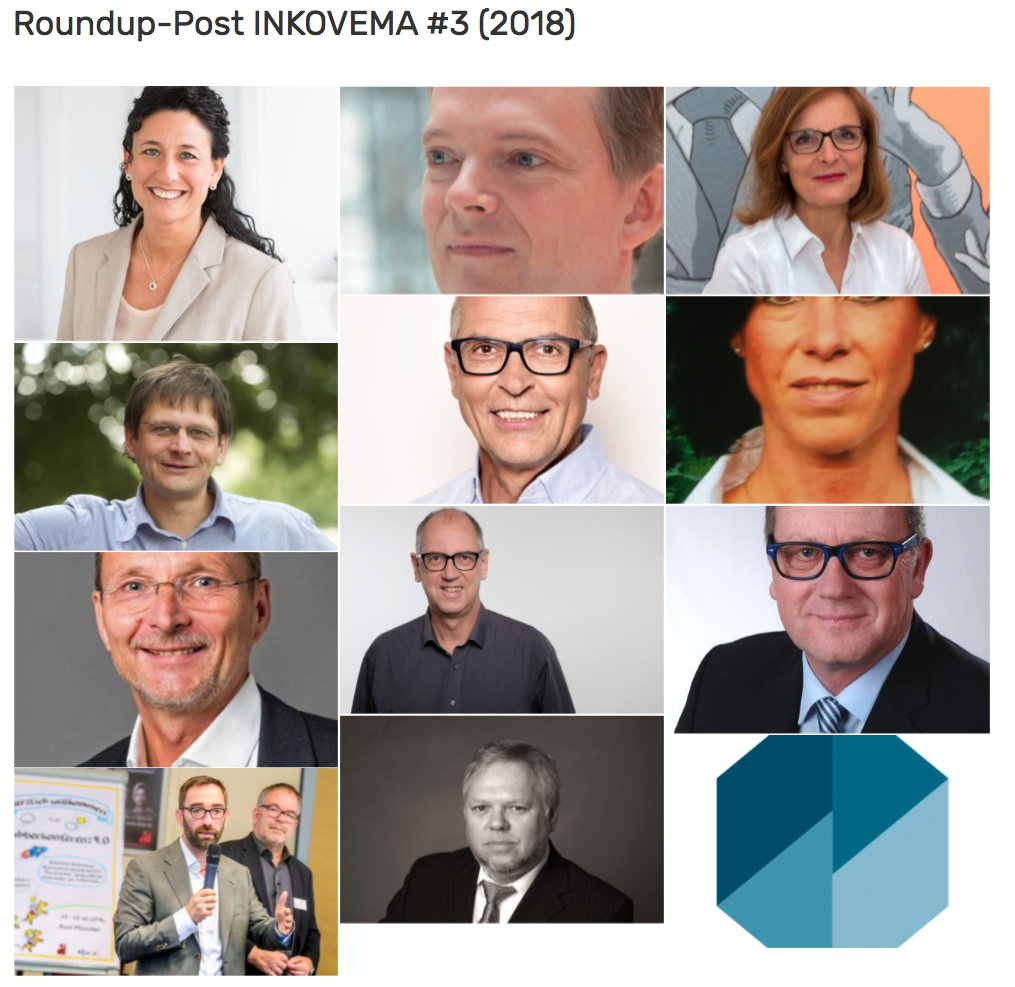
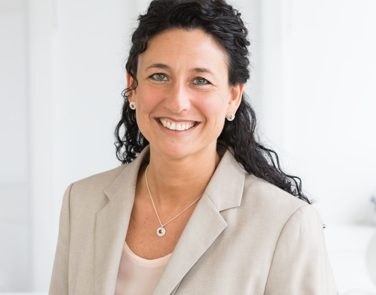
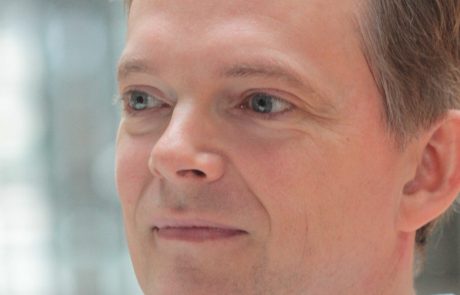
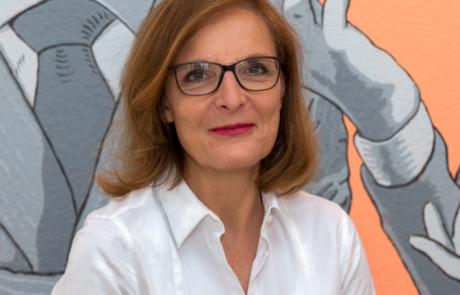
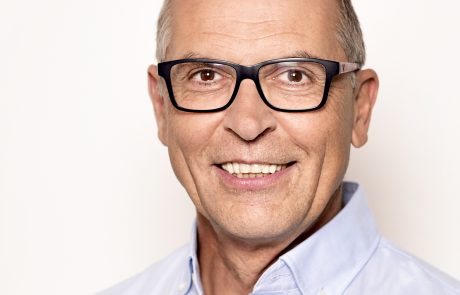
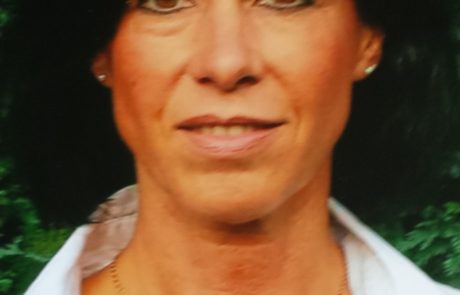
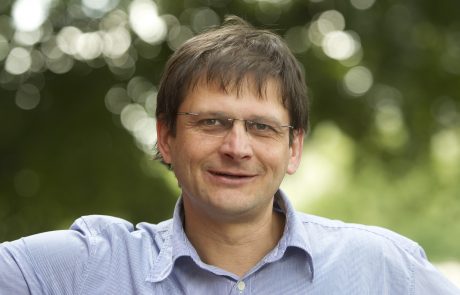

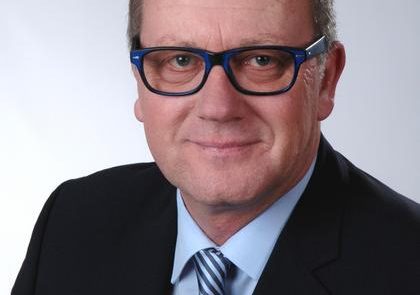
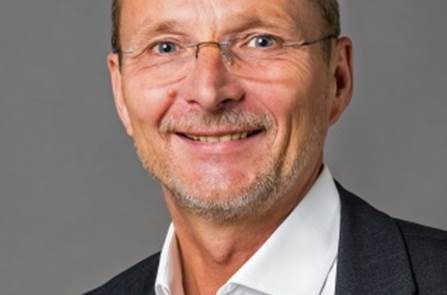
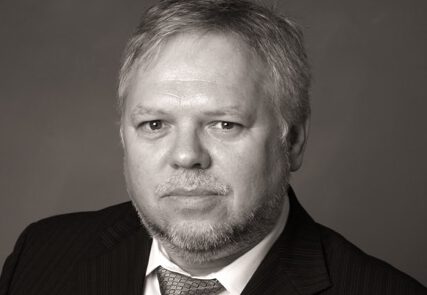

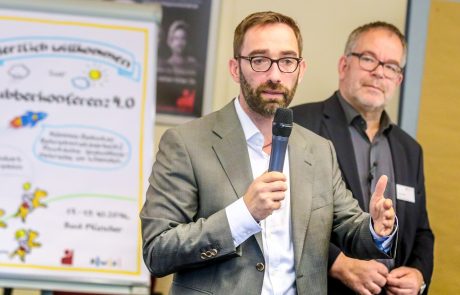


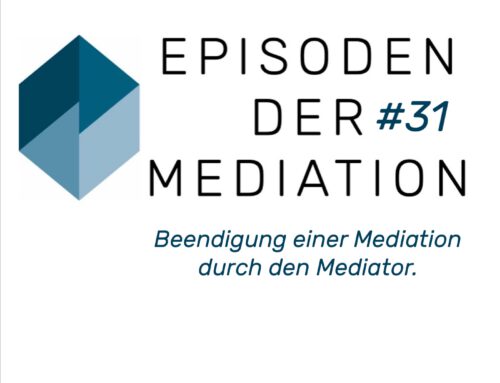
Leave A Comment